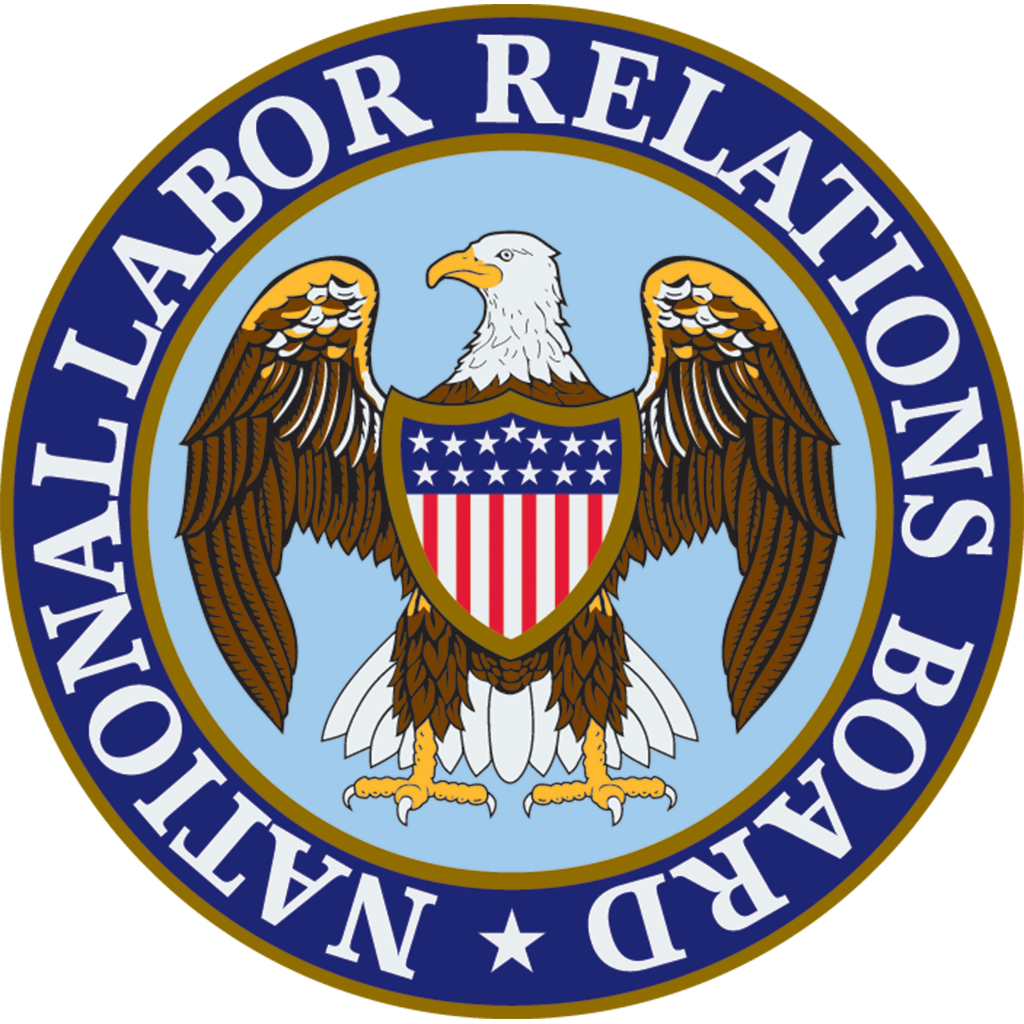
Oral arguments are set to begin Thursday in the U.S. Court of Appeals for the District of Columbia Circuit as Browning-Ferris Industries looks to overturn an August 2015 decision by the National Labor Relations Board that changed the standard for determining joint employer status.
In a 3-2 decision, the board ruled in 2015 that two or more entities are joint employers of a single workforce if:
- they are both employers within the meaning of the common law; and
- they share or co-determine matters governing the essential terms and conditions of employment.
So instead of having “direct and immediate” control over terms and conditions of employment, as had been the previous standard, a company now would be considered a joint employer if it exhibited the potential to exert such control.
The ruling could affect senior living operators and other companies that use temporary or contract workers or have franchises because it indicates that they ultimately are held responsible for decisions related to terms and conditions of employment.
The case originated with efforts by Teamsters Local 350 in California to organize workers at a BFI recycling facility there. The union maintained that BFI had control over wages and working conditions as a joint employer with a contractor company called Leadpoint, which supplied workers to BFI to clean and sort recycled products and perform other duties. The board agreed that BFI was a joint employer with Leadpoint because BFI had indirect and direct control over essential terms and conditions of employment of the workers supplied by Leadpoint. Also, the NLRB said, BFI had reserved authority to control such terms and conditions.
Thursday, representatives on each side of the case will be given 15 minutes to present their arguments, according to a court calendar posted online. A spokeswoman for the Teamsters told McKnight’s Senior Living that all oral arguments are expected to be heard in one day and that the court is expected to rule within the next few months. Regardless of how the appeals court rules, however, former NLRB member John Raudabaugh expects that the case ultimately will be heard by the Supreme Court, according to an article in Bloomberg BNA.
Argentum President and CEO James Balda, in a letter last month, told leaders of the House Subcommittee on Health, Employment, Labor, and Pensions that the joint employer standard is one of the issues that they should prioritize addressing. Balda referred to the standard as part of the “regulatory overreach” that has occurred via the NLRB for the past eight years.
The American Health Care Association / National Center for Assisted Living previously had expressed concerns to McKnight’s Senior Living that the rule “could encourage unions to use new organizing tactics focusing on temporary staffing agencies, forcing our members to negotiate with yet another union.”



